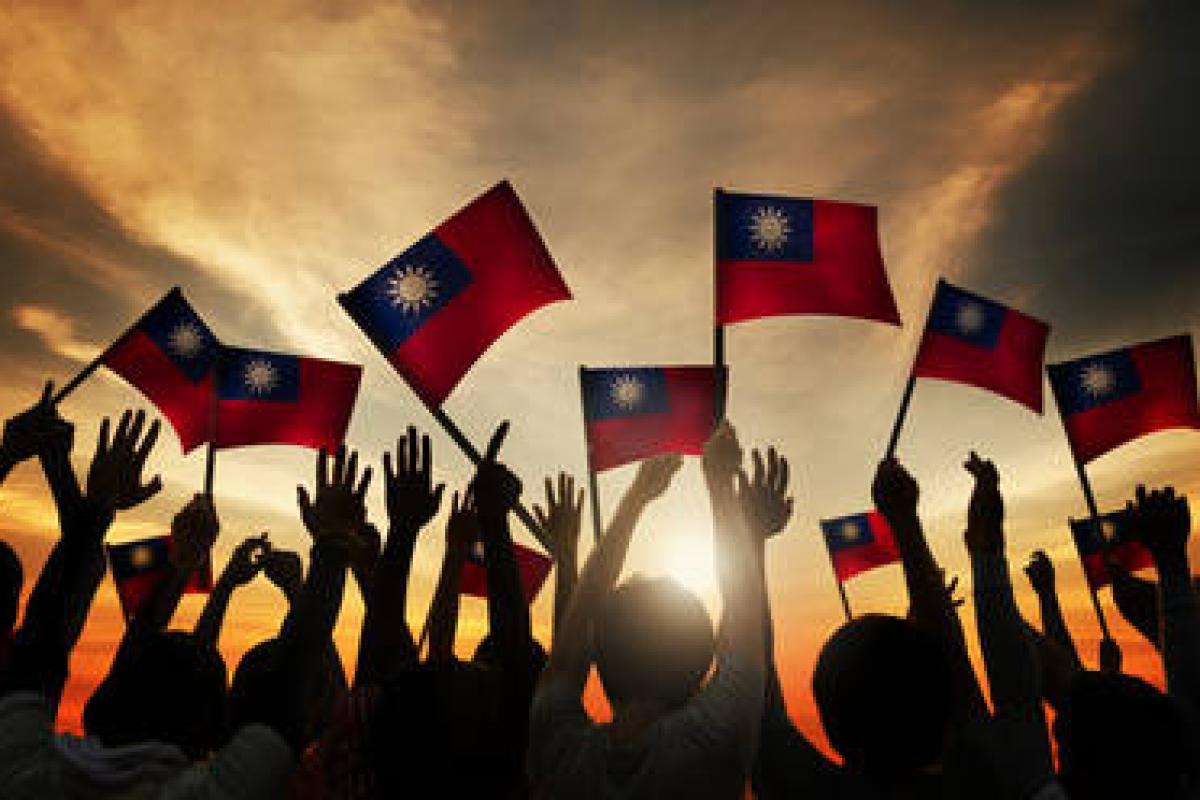Not an ideal choice for the two million people who left China at the end of the Civil War.
The new government needed to build a strong economic foundation as a base from which to resist the sovereignty claims of its gigantic neighbours next door - the People’s Republic of China. With an infrastructure destroyed by World War 2 and two million new citizens, Taiwan faced a number of very challenging constraints – no gas, no oil and a poor agricultural base.
So, the Taiwanese government asked itself a Propelling Question:
“How can we boost our economy without natural resources?”
In our previous post on The Power of Can-If thinking we talked about how this generative approach enables you to address a Propelling Question in order to find innovative solutions. In that article, we focused on using either Substitution or Removal to explore new avenues of thinking. Another angle of attack, using the same tool, is to view the challenge in a different light - ‘We Can……… If We Think of It As….’
In Taiwan’s case, their overarching response to their Propelling Question was to say:
“We can boost our economy if we think of our people as natural resources.”
This re-definition of natural resources encouraged it to focus on rapidly improving, maximizing and leveraging its human asset base.
A key strategy was to invest heavily in education. This included making universal elementary education compulsory, investing in training new teachers, expanding the number and scale of school and university buildings. In addition, they ensured that they focused on the right kind of courses to fuel the economy, blending the vocational with the academic.
This approach took decades to achieve and has required real grit and resilience. However, this overt focus on education has become a real source of national pride and has given Taiwan a real sense of unity.
And it has worked. The post-war economic growth of Taiwan is sometimes referred to as ‘The Taiwan Miracle” and it is viewed as one of Asia’s ‘Tiger’ economies. By many objective measures such as GDP per capita and the Human Development Index Taiwan compares favourably with many of the world’s advanced economies. In 2017 it was ranked highest in Asia for the Global Entrepreneurship Index (GEI).
Three key take outs:
- Having a singular and powerful Propelling Question that binds a bold ambition with a significant constraint gives you real direction and impetus when attempting to overcome the challenge you’re facing……whether you are a country, company, team or individual.
- Answering the Propelling Question requires focus and determination. You will inevitably face a series of additional challenges as you progress towards achieving your goal. Maintaining a positive, Can-If attitude throughout this journey is essential.
- Think creatively as to how you view your asset base. Re-framing assets in new and interesting ways, seeing them through different lenses can unearth new sources of value. In Taiwan’s case, their people became their source of power.
This article originally appeared on www.abeautifulconstraint.com



